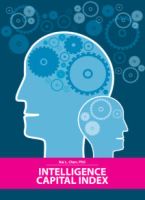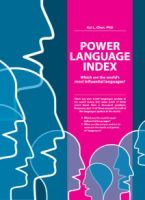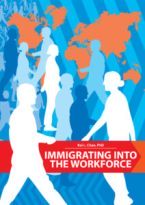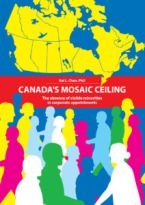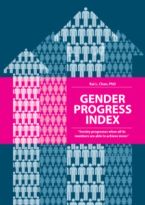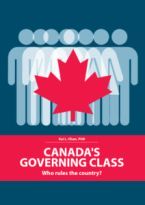
Admissions policies unfair to Asians
Fifteen percent of Princeton undergraduates are Asian-Americans (among domestic students). Compared with peer institutions, this is actually a low figure. At Yale and Harvard, Asians make up 17 and 19 percent of the population, respectively. Although these are high numbers, enrollment would actually increase if not for current legislation.
What would happen to the number of Asians at elite schools if admissions were truly race-blind? In the California school system, race is prohibited by law from being a factor in college admissions (although statistics still point to bias against Asians). A simple back-of-the-envelope calculation based on the increased enrolment of Asian-Americans in California schools after they passed proposition 209, SAT scores and historical extrapolation based on quota-like discrimination against Jews pre-WWII, shows that if not for race-based preferences, Asians would account for about 30 percent of the population at schools like Harvard and Princeton. This would certainly change the landscape of higher learning.
Should schools like Princeton support programs like affirmative action? First, let me critique affirmative action. It should not be cloaked as a tool to overcome historical discrimination or slavery. For one, this implies that Asians do not face discrimination or past prejudices (e.g., the Chinese Exclusion Act and the internment of Japanese-Americans). Moreover, Hispanics are beneficiaries of the system but were not brought here as slaves. And as Harvard scholars Henry Louis Gates Jr. and Laini Guinier note, even among African-Americans, most who do benefit are not descendants of American slaves.
Is it fair in the name of (skin-deep) diversity to hold back qualified students from admission to the Ivies because of their race? After all, it is a fact that Asians need higher academic achievements than their peers to get admitted to the same school.
We, as a society, have deemed education something for which we would like to see a proportional outcome. But Asian-Americans face systematic discrimination in other venues. Thus, not only must Asians leap over the hurdles of social exclusion and racism (would Will Hung be so funny if he weren’t Asian; what of Mickey Rooney’s character in “Breakfast at Tiffany’s”?), but this group is being penalized in the one area where it has a comparative advantage. Besides, aren’t programs such as legacy admissions just another form of “affirmative action” that also works against Asians? Actually, legacy admissions will help Asians in the long run, but there is now a consensus that this practice should end (as it should), just before they can take advantage of it.
Although diversity is laudable in and of itself, shouldn’t progressive policies be used to help people who grew up underprivileged? Albeit that underrepresented minorities do disproportionately attend bad schools and have higher incidences of poverty (though not those who end up Princeton), there are many Asians, as well as whites, who grew up equally poor and attended equally bad schools. Yet current laws discriminate against all Asians, irrespective of background.
If affirmative action is simply about awarding points in the admissions process to people based on skin colour, then this just creates a social injustice in the name of social engineering. A just solution is to make sure that all children have access to good primary and secondary schools. After all, aren’t we about equality of opportunity?
The misguided approach of programs like affirmative action can be seen through my experience. I am the son of poor, non-English speaking parents, neither of whom attended high school. They never read to me as a child. They never attended my graduations. I went to some terrible high schools. (Altogether, I attended five high schools, one of which was known locally as “last chance high.”) I worked practically full-time while attending high school and college. But I’ve never gotten the benefit of the doubt anytime in my life. If anything, I’ve had to be better than my peers.
Discriminatory practices against Asians at higher education go beyond admissions. Consider the 45 trustees at Princeton. Only three are Asian-Americans: two are South Asian and one is East Asian. And of school administrators, less than three percent are Asian-Americans. It seems that Asians are invisible minorities in this society. This is shameful!
The Daily Princetonian: “Admissions policies unfair to Asians”
By Kai Chan Columnist Published: Monday, November 29th, 2004

